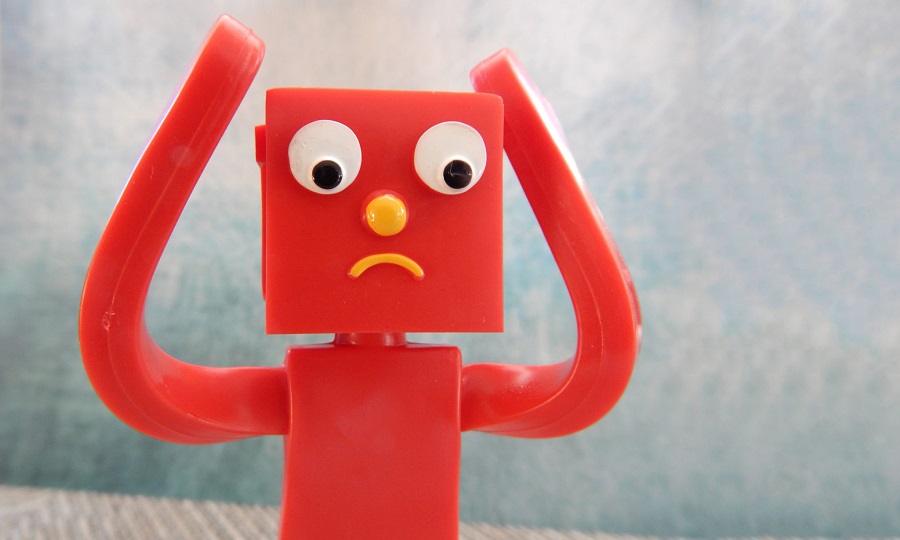Growing through Guilt
Essays 2015
MyLife Essay Contest 2015
The more we learn Chassidus, the more it is clear what kind of tremendous impact it can have in our lives, when applied. Be it on an emotional, psychological or cognitive level, Chassidus offers more meaningful and practical solutions than we can ever hope to find in Pop Psychology. In this essay, we will explore one of the most down to earth and effective concepts that I have personally learned; what the Chassidic approach is to guilt, depression and sadness. We will get down to the core of understanding where depression stems from, what the idea of Merirus is and what it is not. We will offer practical solutions on how to incorporate Merirus into our personal lives and how to rid ourselves of guilt brought on by the Yetzer Harah.
Question: I am a woman in my thirties who is happily married and a lucky mother of two. While my life seems to be picture perfect now, it wasn’t always this way. A few years ago, I engaged in some activities that I am not proud of. Every once in a while, I am reminded of my past and the guilt completely overwhelms me to the point where I become immobilized and it has a strong effect on my role as a mother and wife. How do I get rid of these “demons” and put the past completely behind me?
Answer: Critical to answering the question, we must first understand some basic concepts in Chassidus that will help us fully understand where the issue stems from. As the Chassidic adage goes: “The knowledge of the disease is half the cure.”
Let’s start by making a distinction between two terms.
Atzvus is loosely translated as “sadness”. Atzvus is a depression that can come from our past misdeeds that brings us down. Merirus is loosely translated as “bitterness”. It is that feeling of intense regret and bitterness of one’s past deeds.
So what exactly is the difference? In short, Atzvus pulls us back while Merirus pushes us forward.
Its written in Mishlei (14:23)- “In every sadness there will be some profit.” In that very verse we see that by the very mention of the fact that will be some profit, sadness by virtue alone is not positive. Yet, when one sees the effects of their sins, there will be a profit. They will be so overcome with grief that it will break down the Sitra Achra, the iron curtain separating us from Hashem, and that will cause the ultimate joy. This is Merirus.
But there is a catch; the joy will only come if you contemplate about our misdeeds at a set time and place.
If one is caught up with this bitterness while He is doing G-d’s work (in your case being a good wife and mother), then it is clear that the depression is emanating from the evil inclination. We know that a Jew is commanded to serve Gd with joy, so how can our good inclination encourage us to be sad while serving G-d? Even if one is overcome with this sadness during mundane affairs, it must be a trap from the Evil inclination. After all, how is it possible to sad with depression that completely stems from sincerity, if you are occupied with mundane affairs?
From the onset of your letter, your guilt seems to be noble, almost something to be applauded. After all, isn’t guilt a sign of righteousness? Evil people don’t regret the things they do. However, when you read a bit further, a whole other reality comes to play. As the Tanya explained, a sadness that is stopping you from doing G-d’s works and even mundane matters can be directly traced back to the evil inclination. The evil inclination uses the façade of piety and self-righteousness to bring you down to a state of depression and immobility. When there are two people involved in any sort of competition, even if one is more capable or physically fit, if he is feeling sluggish, he will absolutely lose. We have a war within; between our evil inclination and our good inclination, and we can only go about winning if we have happiness and alacrity on our side.
I trust that correctly identifying the core of the issue has already helped immensely. Now we move on to the practical solution; How to effectively rid yourself of the guilt forever? The Tanya (ch. 26) offers a solution. Put aside a set time when you are completely alone, and not tied down to anything, to contemplate on the severity of that which you did and the greatness of G-d. When you do that, you can believe fully that G-d forgave you and that will lead you to the ultimate joy.
To conclude, there is no doubt that in all the books of psychology and philosophy, Tanya offers the most effective and practical solution to guilt. In one of the most top selling books of all time, Your Erroneous Zones (1976), Dr. Wayne Dyer, names guilt as “one of the most useless of all erroneous zone behaviours”. His solution to effectively getting rid of guilt: “Do something you know that is bound to result in feelings of guilt…these types of behaviours will help you tackle that omnipresent guilt.” Contrast this approach of ignoring our consciousness, to that of Chassidus which is confronting our consciousness. I’ll let you decide which is more effective.

